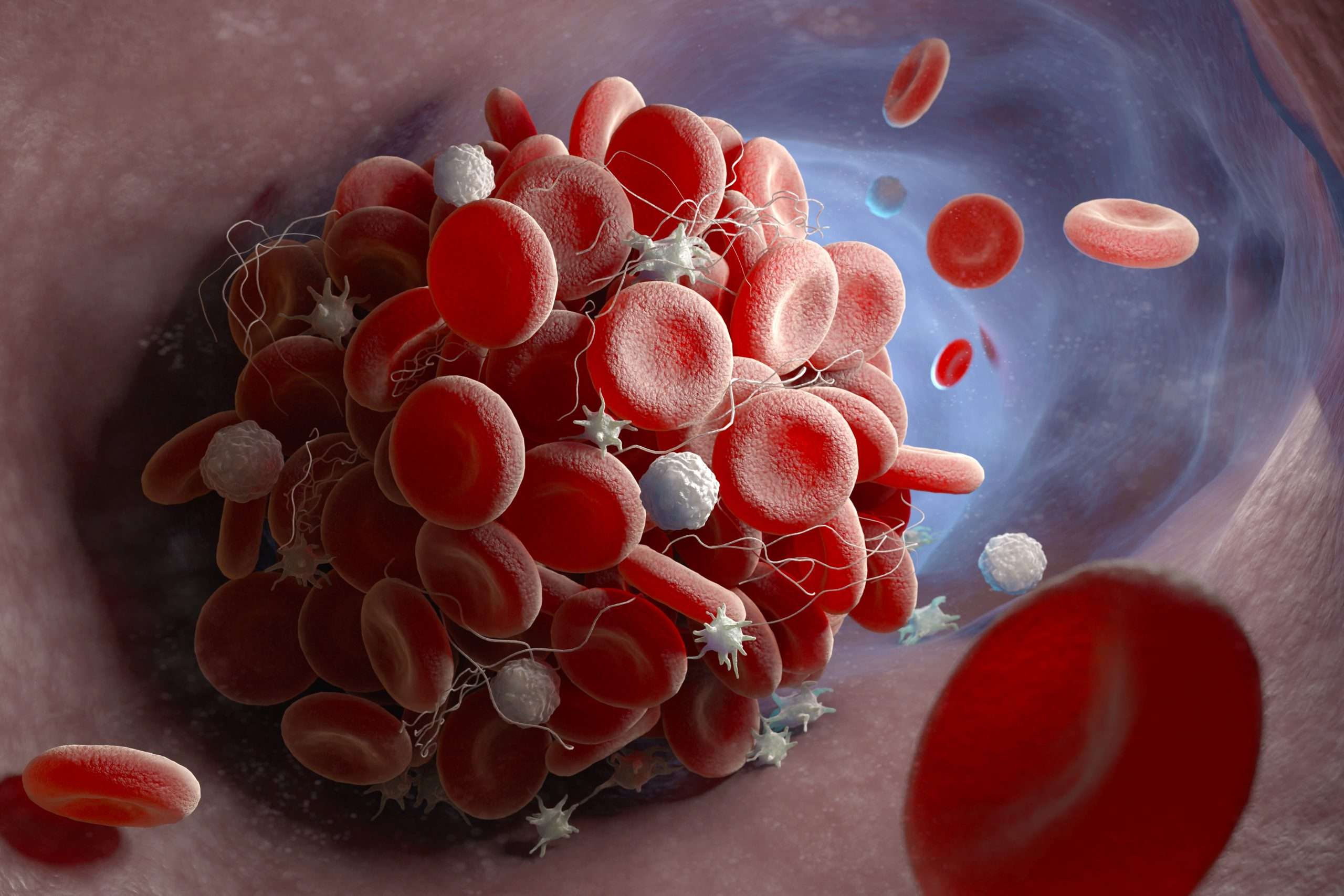FDA approves marstacimab for patients with hemophilia A or B without inhibitors
On October 11, 2024, the U.S. Food and Drug Administration (FDA) granted the approval of marstacimab for patients aged 12 years and older with hemophilia A and hemophilia B who do not have inhibitors to factor VIII or IX. This novel therapy has a unique mechanism that targets the blood clotting process rather than replacing missing clotting factors.1
Marstacimab is a monoclonal antibody which works by targeting tissue factor pathway inhibitor (TFPI), a protein that naturally limits blood clot formation.2 By reducing the activity of TFPI, marstacimab increases thrombin generation, a key enzyme in clot formation. This allows the body to improve its ability to control bleeding, which differentiates marstacimab from traditional factor replacement therapies.
Its approval is based on data from the open-label, multi-center, Phase III BASIS trial (NCT03938792) involving 116 male adult and pediatric patients with severe hemophilia A or B without inhibitors. The study evaluated the efficacy of marstacimab in reducing bleeding rates after transitioning patients from either on-demand or prophylactic factor replacement to marstacimab prophylaxis for 12 months. The primary endpoint was the annualized bleeding rate (ABR) of treated bleeds.1
In patients previously treated with on-demand factor replacement therapy, estimated ABR dropped from 38 to 3.2 during marstacimab treatment. Those previously on prophylactic factor replacement therapy showed similar bleeding rates, with an ABR of 5.08 on marstacimab compared with 7.85 during factor replacement. These results demonstrate marstacimab’s superior efficacy in reducing bleeding episodes, particularly in patients previously treated on demand.1
Marstacimab comes with safety warnings regarding the potential for thromboembolic events, hypersensitivity reactions, and embryofetal toxicity. The most common side effects observed in clinical trials were injection site reactions, headache, and pruritus. Due to the risk of blood clots, patients with a history of thrombosis should be closely monitored during treatment.1
The FDA approval of marstacimab represents a significant step forward in the management of hemophilia A and B, with its subcutaneous administration and novel mechanism providing a more convenient and potentially more effective prophylactic option compared to traditional therapies.
References
- U.S. Food and Drug Administration. FDA Approves New Treatment for Hemophilia A or B. Available here. (Last accessed 15/10/2024).
- Mahlangu JN, Lamas JL, Morales JC, et al. A phase 1b/2 clinical study of marstacimab, targeting human tissue factor pathway inhibitor, in haemophilia. British Journal of Haematology. 2023 Jan;200(2):229-239.
Written by Anya Dragojlovic Kerkache
Edited by Raffaella Facchini





